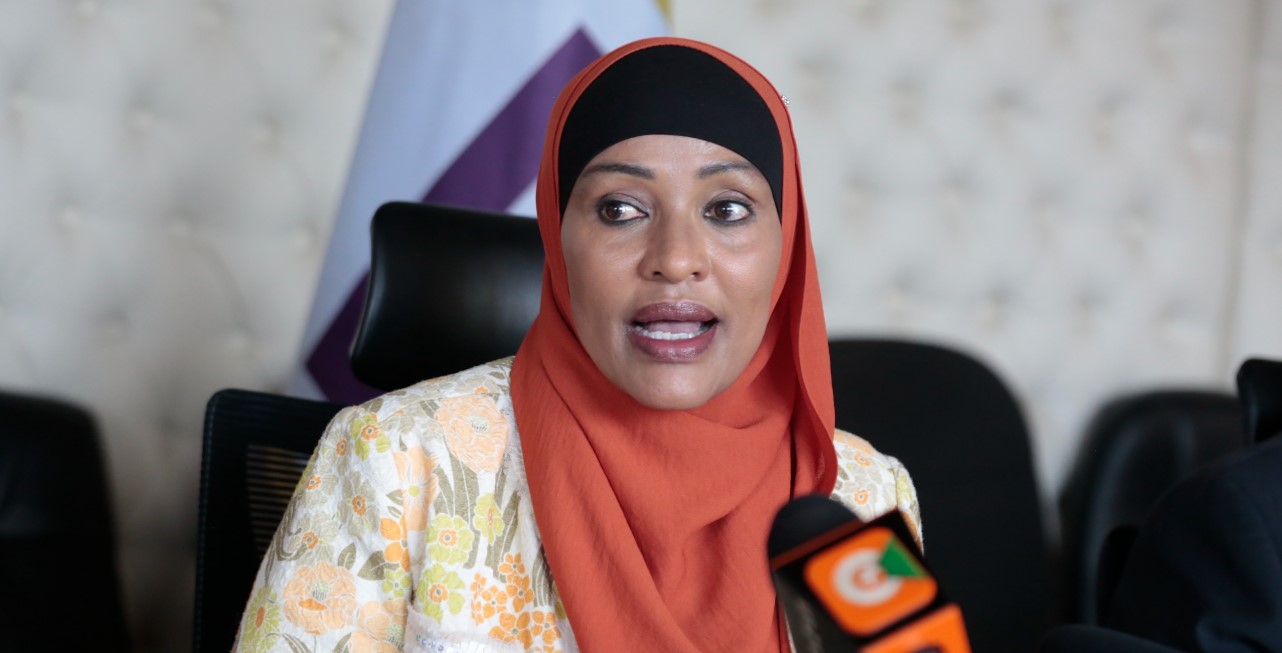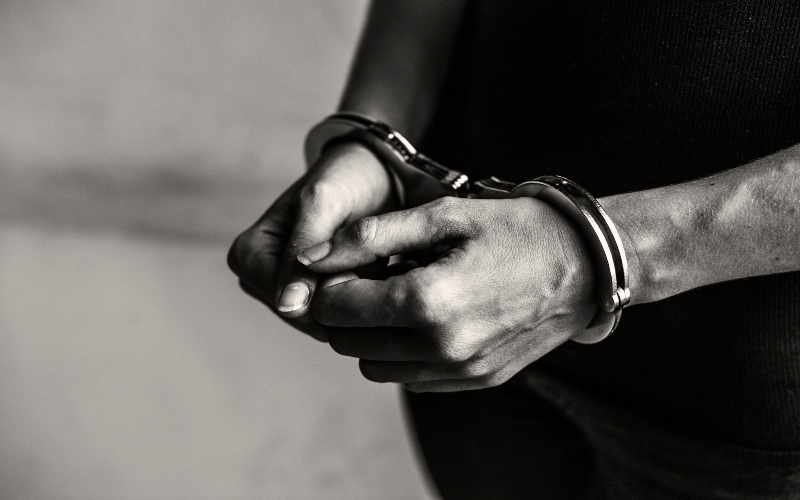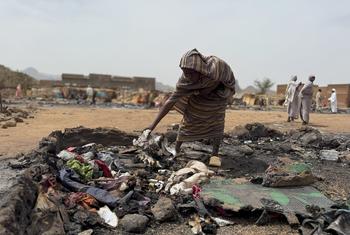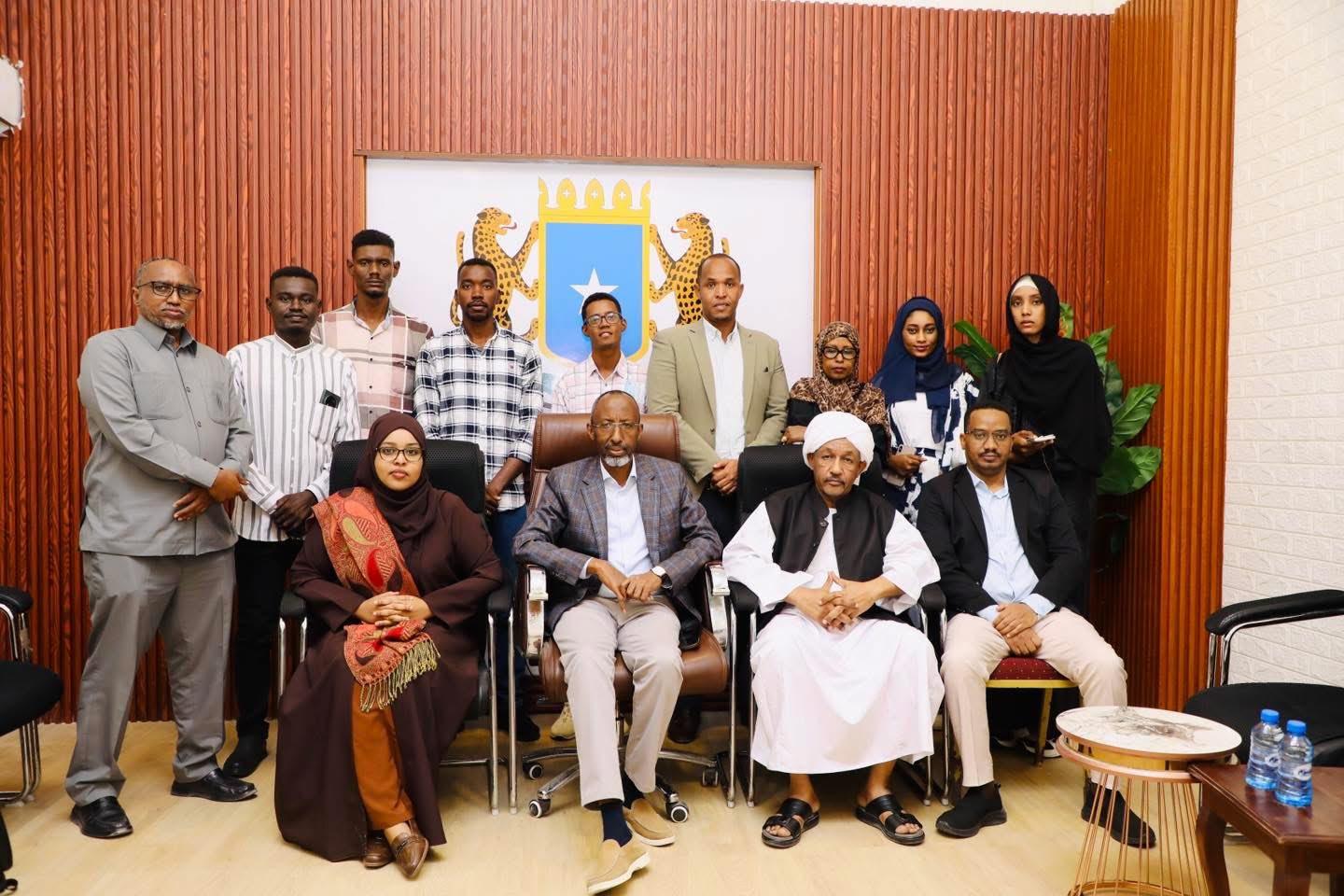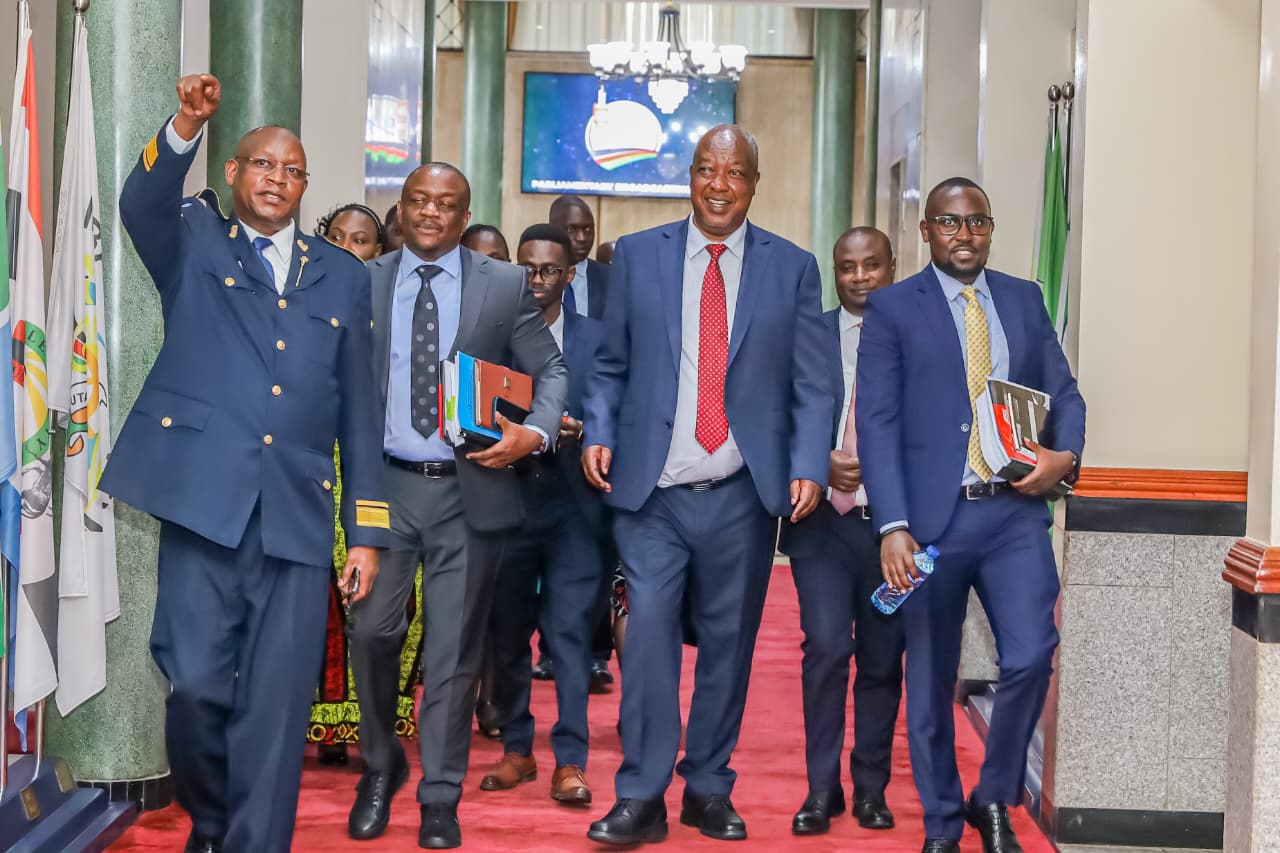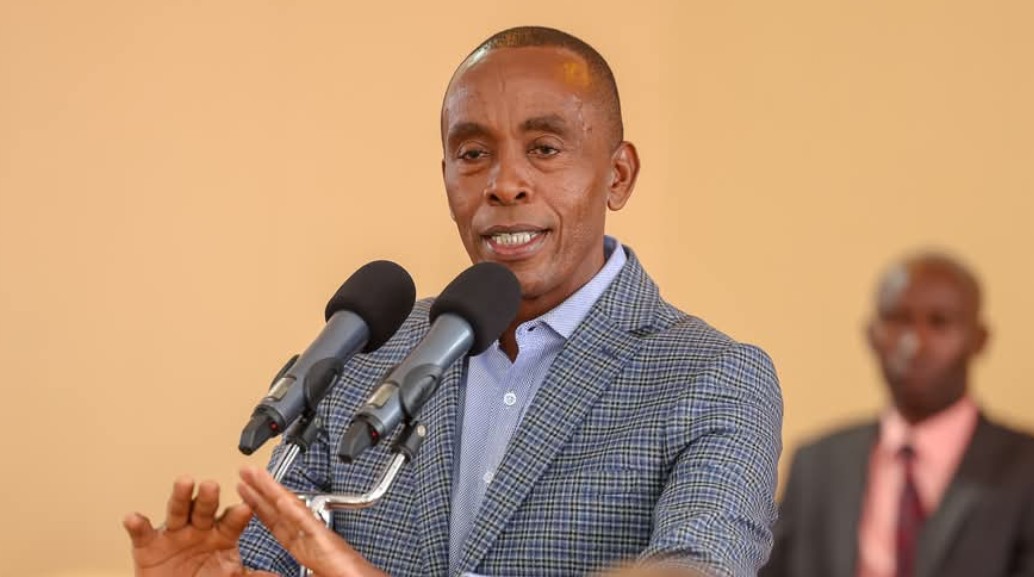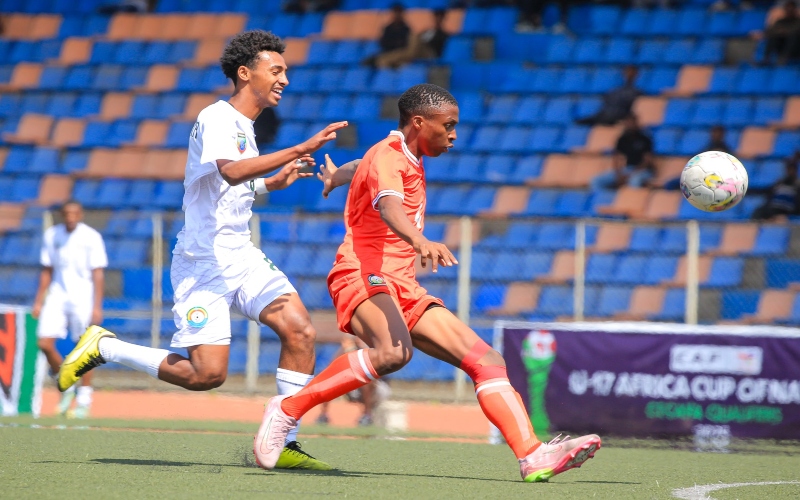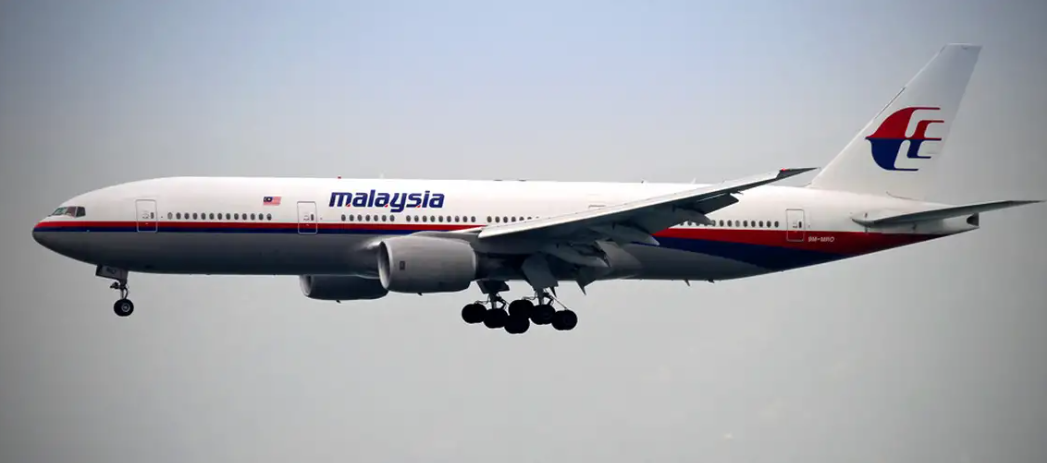CA under fire from MPs over June 25 order suspending live protest coverage

MPs sitting in the Public Investment Committee on Social Services, Administration and Agriculture (PIC-SSAA) challenged the Authority’s action, warning it could lead to mistrust, misinformation, and even spark national chaos.
The Communications Authority has once again come under sharp criticism from Parliament over its decision to block live broadcast signals during the June 25 protests, a move lawmakers say could have serious consequences and raise fears ahead of the next general election.
MPs sitting in the Public Investment Committee on Social Services, Administration and Agriculture (PIC-SSAA) challenged the Authority’s action, warning it could lead to mistrust, misinformation, and even spark national chaos.
More To Read
- Civil society raises alarm over 2027 election readiness after chaotic by‑elections
- EACC traces Sh22.9 billion, recovers Sh3.4 billion in fight against corruption
- LSK condemns violence in by-elections, warns of gaps ahead of 2027 polls
- Kabogo threatens to deny adverts to media critical of government
- Outcry as Communications Authority proposes DNA rule for SIM registration
- Police boss Douglas Kanja opposes retirement age cap for IG, deputies
The committee, led by vice-chairperson and Saboti MP Caleb Amisi, pressed the Authority on Thursday to explain the legal authority it relied on to halt live broadcasts and who makes the final decision in such cases.
“Now, we are approaching a very volatile election. Kenyans are wondering, are we going to have a live streaming of electoral results, then all of a sudden, there is a switch-off? That is terrible. It can turn this country into a total mess, anarchy. We do not have any other country to go to. I only know one—Kenya,” Amisi said
MPs demanded accountability for the June 25 blackout, which came as thousands of Kenyans demonstrated to honour victims killed in previous protests.
Amisi said that cutting off live coverage at such moments can create confusion and heighten public tension.
“It is incumbent upon us as Kenyans, any individual or institution, to do what is within the realm of the law to protect this nation to the core, including not being emotional, being careful of your actions, and following the law,” he added.
Amisi directly asked the Authority whether the country should expect a similar shutdown during the 2027 elections.
“My question is, are we going to see you switching off the live streaming of elections the way you switched off the live streaming of protests—and who gave you that mandate?” he asked.
CA Director General David Mugonyi appeared before the committee to respond to issues raised in the Auditor General’s report covering the 2020/2021 to 2023/2024 financial years.
He said the Constitution gives freedom to the media under Articles 33 and 34, but these rights also have limits, especially when other public interests are at stake.
“This matter being before court, I will not want to discuss anything further than that,” Mugonyi said.
However, Amisi argued that the Authority’s decision had dangerous consequences and should not be dismissed just because the matter is in court. He referred to past events where police actions were captured live on TV, helping expose abuse and identify culprits.
“If that event was not broadcast live, the country would not have known who shot that young man. Kenyans would not have known who the looters were, had incidents where looters went into supermarkets not been broadcast,” Amisi said.
“We would not be arguing about who the looters are. We would have known those looters. So, the ramifications of switching off suddenly have resulted in enormous deaths that cannot be explained. It has left us at the mercy of social media, which we do not know whether it is true or false,” he added.
Committee chair Emmanuel Wangwe, who is also the Navakholo MP, advised the Authority to respect the principle of separation of powers while still keeping the committee informed.
“For the purpose of this sitting, you set the case in court so that you also go through the principles of separation of powers,” said Wangwe.
Wangwe said the committee was not asking for details that could interfere with the court case, but rather a general update on the basis and reasoning behind the Authority’s actions.
Mugonyi told the committee that the issue was being handled in two legal cases. One is a judicial review application filed by the Katiba Institute and the Kenya Human Rights Commission (KHRC). The second case is a petition filed by the Law Society of Kenya (LSK) and the Kenya Editors Guild (KEG), which is still awaiting determination.
He said the Communications Authority operates within the law and is guided by the Constitution in all its actions, including licensing and regulating media houses.
Earlier this month, Information Cabinet Secretary William Kabogo told the National Assembly Committee on Delegated Legislation that the June 25 broadcasts were cut off because of violent content aired during watershed hours when children were watching.
“The main reason was that it was during the watershed period. There was a lot of violence that was aired on national TV when children were watching.
You realise it went on for a while, as long as it was peaceful, but when the violence became too much, the Committee responsible advised suspension to protect children... It is for that purpose that it was switched off, not for any other purpose,” said Kabogo.
MPs have now called for a clear legal framework on when and how such decisions can be made in future, to ensure transparency and consistency in the handling of live coverage suspensions.
Top Stories Today
